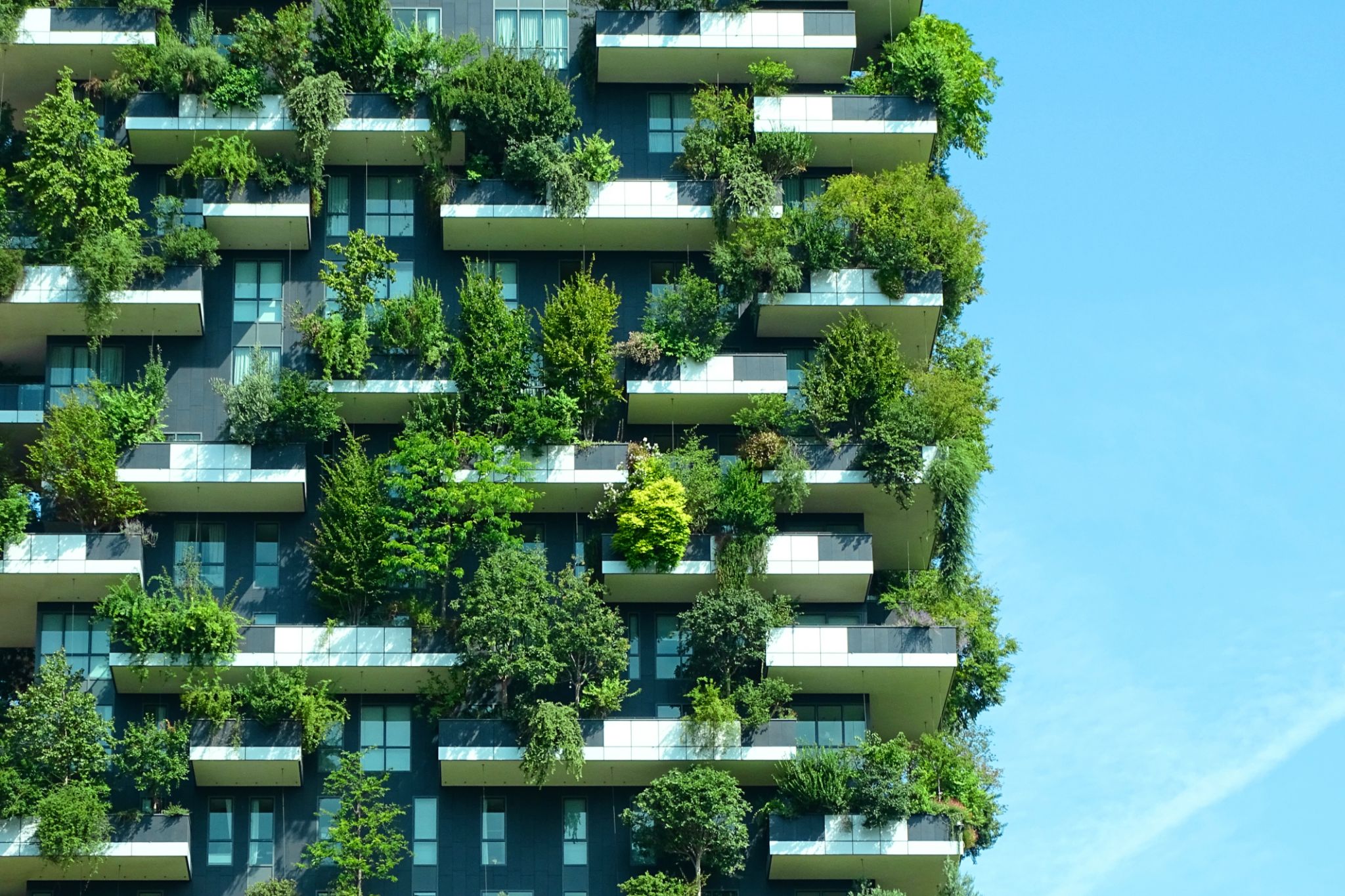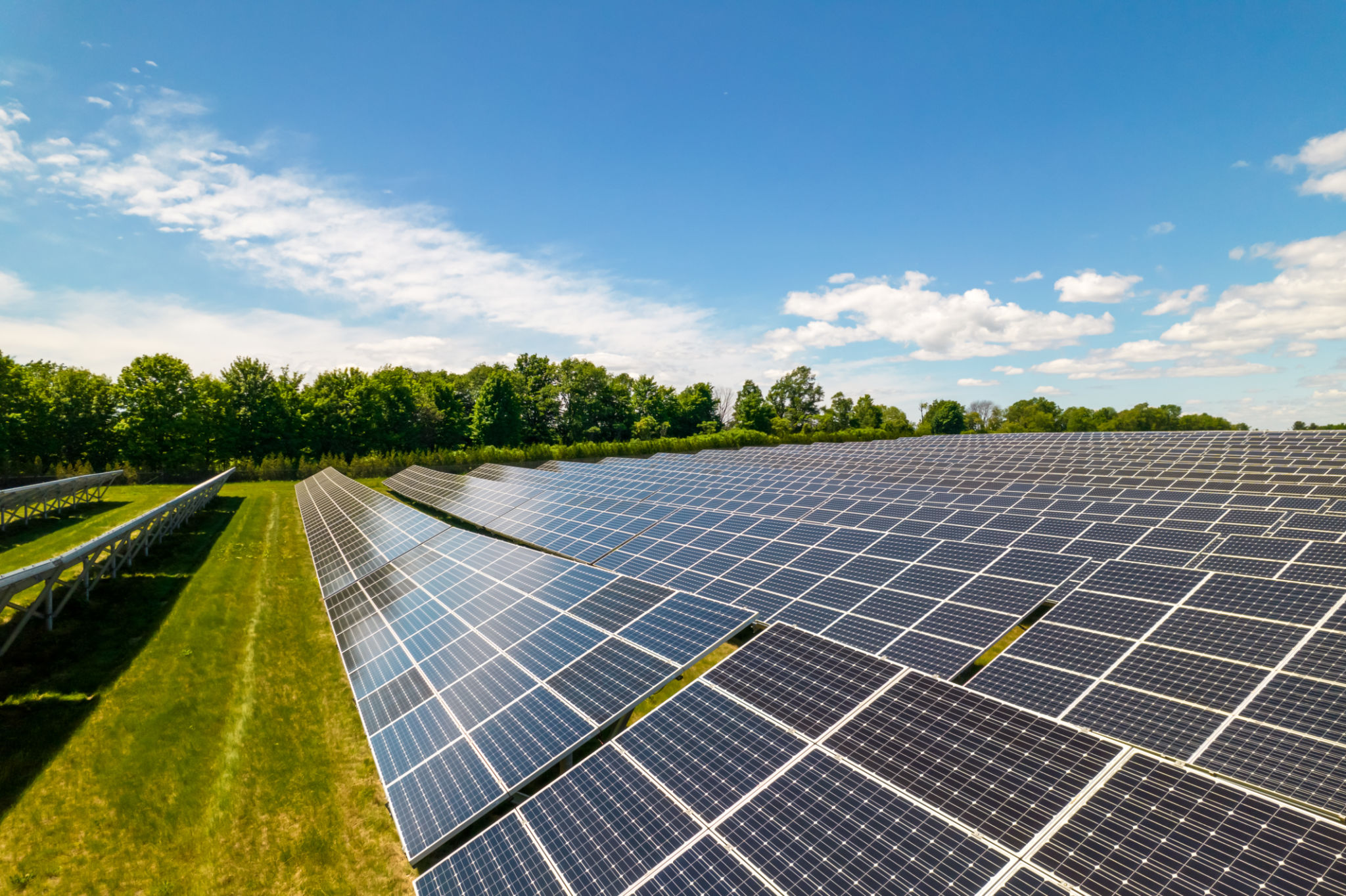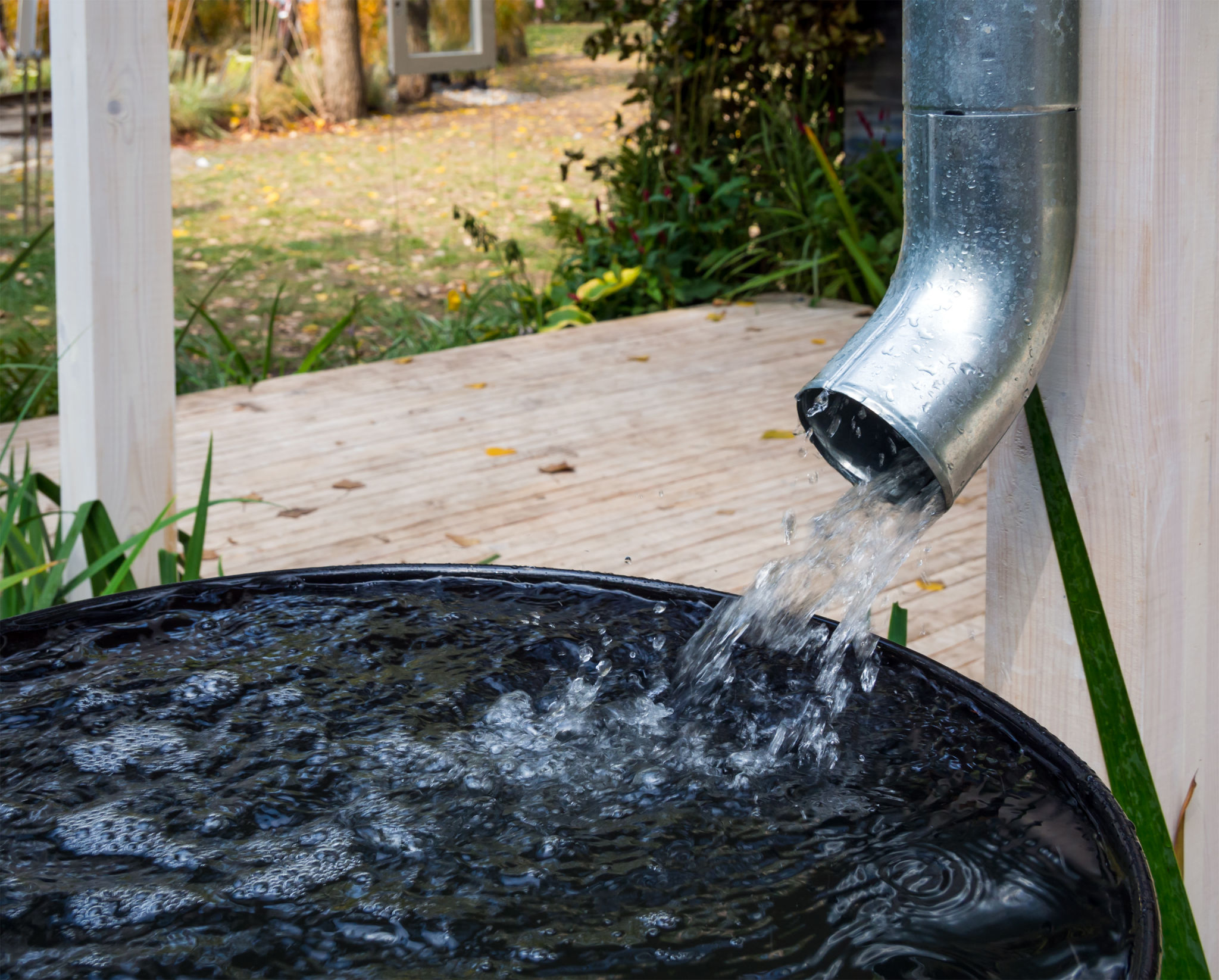Sustainable Building Practices in Construction: How We Do It in Weymouth
Introduction to Sustainable Building Practices
In recent years, sustainability has become a cornerstone of modern construction practices, and Weymouth is no exception. The growing need to minimize environmental impact and promote energy efficiency has driven the construction industry to adopt innovative and eco-friendly practices. Here, we explore how sustainable building is being implemented effectively in Weymouth.

Using Local and Recycled Materials
One of the key strategies to ensure sustainability in construction is the use of local and recycled materials. By sourcing materials locally, we reduce the carbon footprint associated with transportation. Additionally, using recycled materials not only conserves natural resources but also minimizes waste sent to landfills. This approach supports the local economy and promotes a circular economy model.
Benefits of Local Materials
Utilizing local materials offers several benefits:
- Reduced Transportation Emissions: Less fuel is consumed in transporting materials over long distances.
- Support for Local Businesses: Local suppliers benefit from increased demand.
- Cultural Relevance: Materials reflect the local architectural style and heritage.

Energy Efficiency and Renewable Energy Integration
Another crucial aspect of sustainable building is enhancing energy efficiency and incorporating renewable energy sources. Buildings are designed with better insulation, energy-efficient windows, and smart heating systems to reduce energy consumption. Furthermore, solar panels and wind turbines are increasingly being integrated into building designs to harness renewable energy.
Innovative Energy Solutions
Weymouth's builders are implementing innovative energy solutions such as:
- Solar Power Installation: Roofs are equipped with solar panels to generate clean energy.
- Geothermal Heating: Ground-source heat pumps provide efficient heating and cooling.
- LED Lighting: Energy-efficient lighting reduces electricity usage significantly.

Water Conservation Techniques
Water conservation is integral to sustainable building practices. By incorporating rainwater harvesting systems and low-flow fixtures, buildings in Weymouth are significantly reducing their water consumption. These technologies ensure that water resources are used efficiently and responsibly.
Implementing Water-Saving Technologies
The construction industry in Weymouth employs various water-saving technologies, including:
- Rainwater Harvesting: Collecting and using rainwater for non-potable purposes.
- Low-Flow Fixtures: Reducing water use without sacrificing performance.
- Smart Irrigation Systems: Efficiently watering landscapes with minimal waste.

Green Building Certifications
A growing number of buildings in Weymouth are pursuing green building certifications such as LEED and BREEAM. These certifications ensure that buildings meet high sustainability standards across various parameters, including energy use, water efficiency, and indoor environmental quality.
The Impact of Certification
Earning green building certifications provides numerous advantages:
- Enhanced Building Value: Certified buildings often have higher market value.
- Improved Occupant Health: Better indoor air quality contributes to healthier living environments.
- Increased Resource Efficiency: Optimized use of resources leads to cost savings.
Weymouth's commitment to sustainable building practices not only benefits the environment but also creates healthier communities and promotes economic growth. By embracing these innovative methods, the construction industry in Weymouth is paving the way for a more sustainable future.
